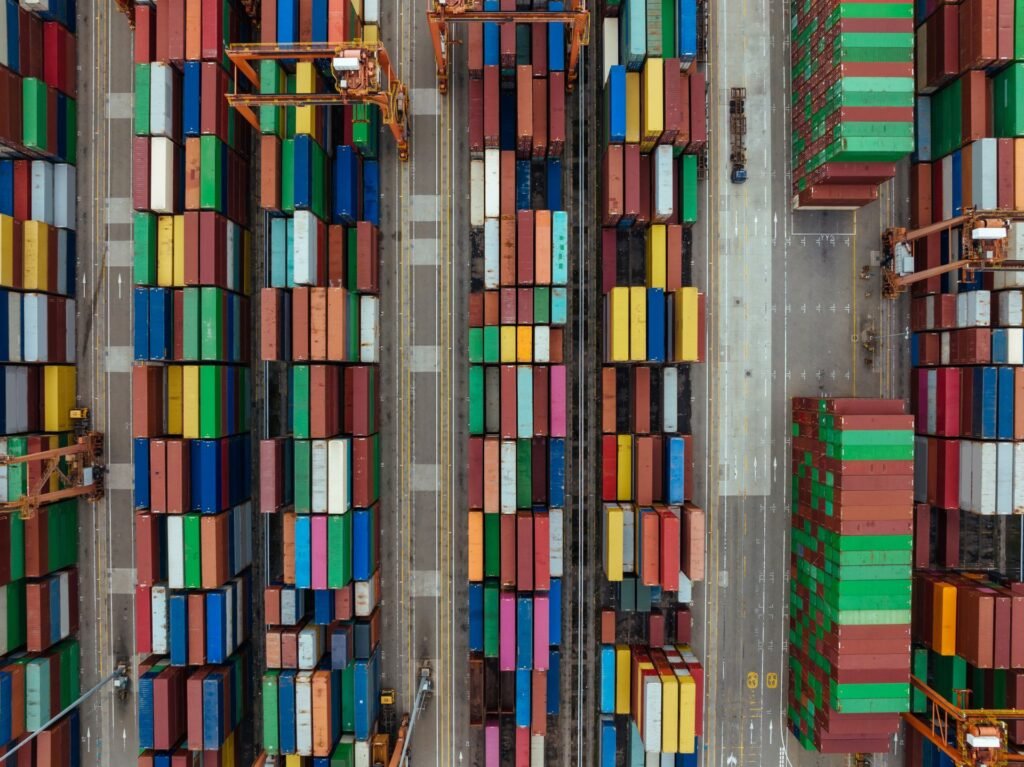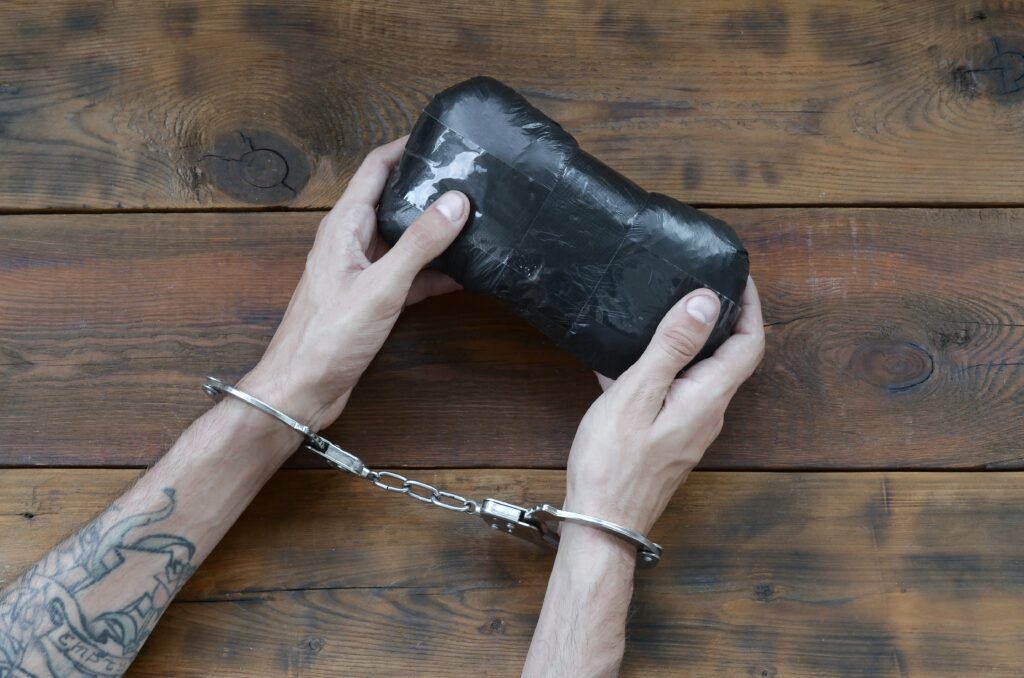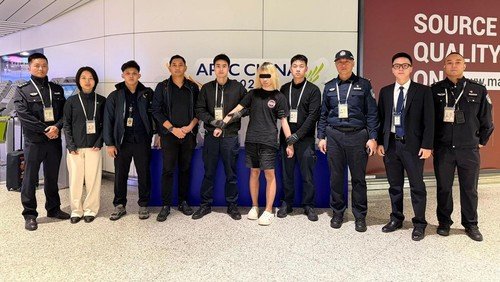
U.S. President Donald Trump has imposed a 32 percent tariff on imports from Indonesia, framing the move as a “reciprocal” response to what he described as unfair trade practices.
The announcement, made on 2 April during a Rose Garden event at the White House, came as part of a broader set of tariffs on countries including South Korea (25 percent) and Malaysia (24 percent), among others.
Trump claimed Indonesia had imposed a 64 percent tariff on U.S. goods and insisted that the U.S. was being “kind” by only applying half of that rate in return.
“Reciprocal. That means they do it to us and we do it to them. Very simple. Can’t get any simpler than that,” Trump said during his remarks.
The executive order cited specific examples, including Indonesia’s 30 percent tariff on ethanol compared to the U.S. rate of 2.5 percent. Trump said the move was necessary to address what he views as systemic trade imbalances that disadvantage the U.S.
Tariffs Also Target Other Countries
The new tariffs are part of a sweeping overhaul of U.S. trade policy under Trump’s second term, with several nations affected. For instance, Chinese goods face a 54 percent tariff, India 27 percent, Vietnam 46 percent, and Lesotho 50 percent.
The administration argues that these rates reflect not only formal tariffs but also non-tariff barriers such as quotas, import restrictions, and regulatory hurdles.
Critics: “Reciprocal” Tariffs Not Based on Actual Duties
While the Trump administration has pitched the tariffs as “reciprocal,” trade analysts say the methodology behind the new levies does not rely on actual tariff comparisons. Instead, the calculation used by the White House involves a simplified formula: dividing a country’s trade deficit with the U.S. by its total exports to the U.S., divided by two.
“There does not appear to have been any tariffs used in the calculation of the rate,” said Mike O’Rourke, chief marketing strategist at Jones Trading, in a note to investors. “The Trump administration is specifically targeting nations with large trade surpluses with the United States relative to their exports.”
For instance, the U.K., which does not run a goods trade surplus with the U.S., was still hit with a 10% tariff.
Economists have also cautioned that large trade deficits are not inherently harmful.
“When I go to the store and buy groceries with cash, I run a trade deficit with my grocery store,” said John Dove, an economics professor at Troy University, in a statement to CNN. “That’s not necessarily a good or a bad thing. It just is.”
Impact on Bali’s Expat Community
The tariffs could have indirect effects for foreign residents in Indonesia, including in Bali, especially for expatriates who are engaged in sectors tied to exports such as furniture, textiles, and artisan goods.
With the U.S. being a major market for Indonesian products, changes in trade flows or costs could influence local operations, investment confidence, and supply chains.
Business owners and importers in Indonesia could face tighter margins if exports to the U.S. decline, potentially influencing domestic employment and prices.










